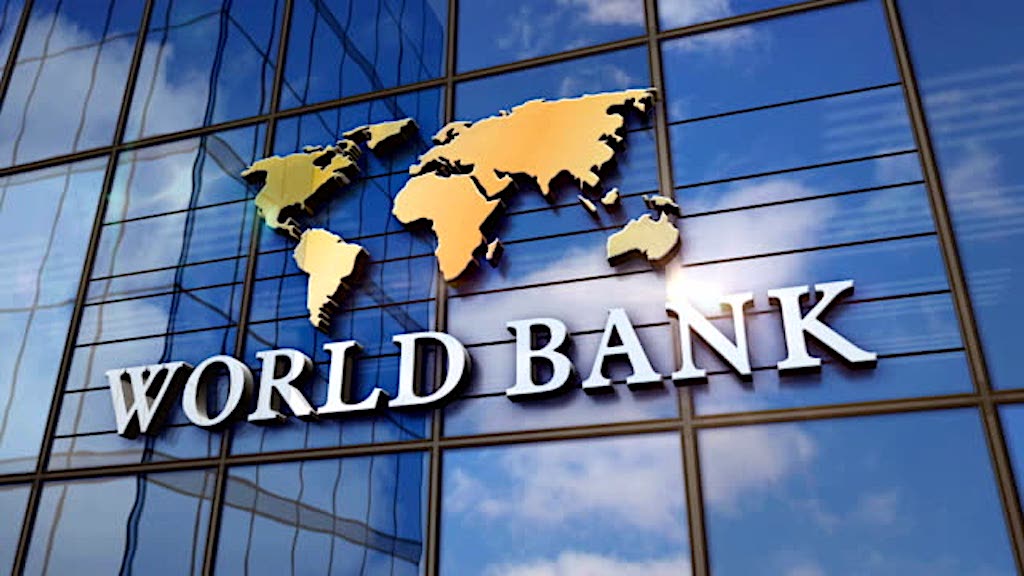THE World Bank has clarified why about $2bn (₦3tn) in loans signed for Nigeria in 2024 remain undisbursed nearly a year after approval, despite growing concerns about the country’s rising debt and delayed project execution.
News Point Nigeria reports that the explanation comes against the backdrop of data showing that the Bank has approved $8.40bn (₦12.89tn) in new loans for Nigeria between June 2023 and August 2025, spread across 15 projects in energy, education, healthcare, rural infrastructure, and governance.
According to figures on the Bank’s loan portal, of the $8.40bn, about $1.95bn (₦2.99tn) came from the International Bank for Reconstruction and Development (IBRD), while $6.50bn (₦9.98tn) was sourced from the International Development Association (IDA).
The IBRD provides loans on commercial or near commercial terms to middle-income countries, while the IDA extends highly concessional loans and grants to the poorest nations.
A review of World Bank project data shows that Nigeria signed nine loans worth $4.25bn (₦6.5tn) in 2024. However, six of those loans, valued at $2bn (₦3tn), signed between September and December 2024, remain undisbursed.
Responding to enquiries, the Bank’s Senior External Affairs Officer, Mansir Nasir, explained that loans are not released in lump sums but rather in tranches, tied to specific project milestones and financing instruments.
“Projects financed by the World Bank run for a certain time, which varies depending on the specific project. The total amount of the project is not disbursed as a one-off, but rather in installments depending on the financing instruments e.g., IPF or PforR—which require certain milestones for specific disbursement values,” Nasir stated.
He further noted that before any funds are released, new projects must meet pre-agreed conditions between the Nigerian government and the World Bank.
Findings revealed that on September 26, 2024, three major loans were signed for Nigeria, each worth $500m.
In December 2024, three additional loans worth $357m, $86m, and $57m were approved for the Rural Access and Agricultural Marketing Project (RAAMP), to be implemented by the Federal Ministry of Agriculture and Food Security. The RAAMP initiative, valued at $500m in total, is expected to close by December 31, 2030.
The delayed disbursement comes amid rising debate over Nigeria’s borrowing strategy. Critics argue that while the country continues to secure large loans from international lenders, actual utilisation and project impact remain slow due to bureaucratic bottlenecks, weak governance structures, and limited absorptive capacity.
Meanwhile, government officials maintain that concessional loans, especially those tied to developmental outcomes in critical sectors, are essential for bridging Nigeria’s infrastructure and human capital deficits.
With Nigeria’s debt service-to-revenue ratio already among the highest in Africa, analysts warn that delays in project execution and disbursement undermine the value of such loans and could worsen the country’s fiscal stress.







